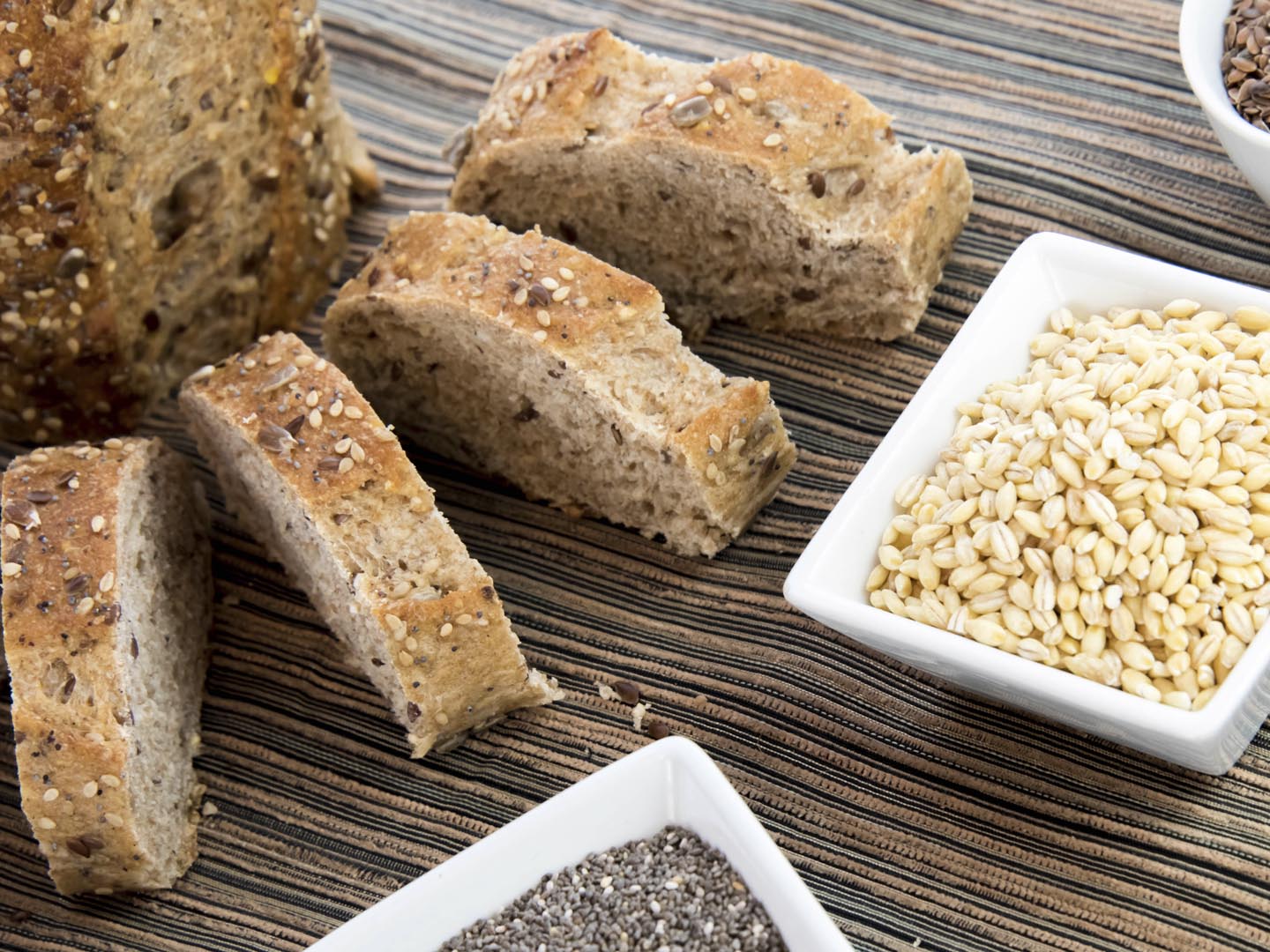Can Carbs Cause Alzheimer's?
I’ve heard that high carbohydrate diets in seniors are linked to cognitive impairment and that fat in the diet is protective? Is this true? Can you recommend a diet that prevents Alzheimer’s disease?
Andrew Weil, M.D. | May 3, 2013

You’re probably referring to a study from the Mayo Clinic showing that seniors whose diets are high in carbohydrates may have almost four times the normal risk of mild cognitive impairment, a mental change that may precede Alzheimer’s disease. The same study found that a diet high in sugar also increases the risk, while diets high in protein and fats relative to carbohydrates may be protective.
The study, published in the October, 2012, issue of the Journal of Alzheimer’s Disease, initially looked at 1,230 men and women ages 70 to 89. The research team gathered information on the diets of all the participants and also assessed their cognitive function. At the time, 940 of the 1,230 people showed no signs of cognitive impairment. After four years, 200 of the 940 were beginning to have mild problems with memory, language, thinking and judgment that were deemed greater than normal age-related changes.
When the investigators reviewed the diets that had been reported at the study’s outset, they found that those with the highest intake of carbohydrates were 1.9 more likely to develop mild cognitive impairment than those with the lowest. Diets highest in sugar also appeared to raise the risk to about 1.5 times normal.
The study also suggested that participants whose diets were highest in fat (compared to the lowest) were 42 percent less likely to develop cognitive impairment; those with the highest intake of protein had a risk that was 21 percent lower than those with the lowest. All told, when the researchers accounted for effects from protein and fat, they found that study participants with the highest carbohydrate intake were 3.6 times more likely to develop mild cognitive impairment.
The study leader, epidemiologist Rosebud Roberts, commented that a high carb diet “could be bad for you because carbohydrates impact your glucose and insulin metabolism,” adding that since sugar fuels the brain, “moderate intake is good,” but high levels may actually prevent the brain from using sugar.
The best evidence we have for a diet that can be protective against Alzheimer’s comes from studies at New York’s Columbia University and shows that the Mediterranean diet can lower the risk. In a study reported in February, 2009, issue of JAMA Neurology this research team found that the Mediterranean diet also protects against the mild cognitive impairment that can develop with age and that eating this way can help prevent the transition from mild cognitive impairment to Alzheimer’s disease. These investigators reported that the closer study participants adhered to the Mediterranean diet (based on food frequency questionnaires), the lower their risks.
The Mediterranean diet emphasizes high quality fresh fruits and vegetables, nuts, legumes, unrefined cereals, olive oil, fermented dairy products such as yogurt and natural cheese, and fresh fish as daily staples. Red meat is limited to about one meal a month; poultry, eggs and sweets are not daily fare – they’re eaten about once a week. Moderate amounts of red wine can be part of the diet.
But I would recommend the anti-inflammatory diet as offering even greater protection. We know that Alzheimer’s disease begins as an inflammatory process in the brain. The AI diet uses the Mediterranean diet as a template and modifies it in ways that keep inappropriate, chronic inflammation in check.
Andrew Weil, M.D.










